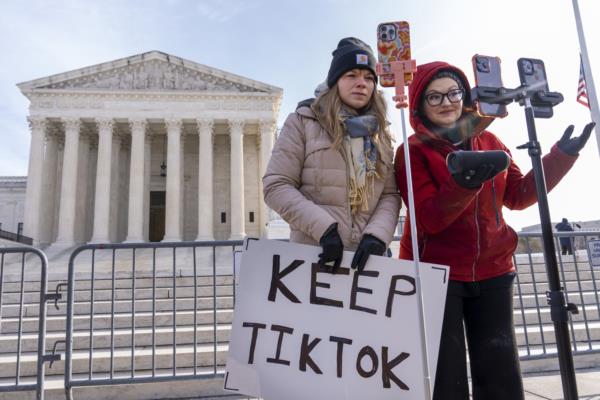
As the possibility of a TikTok ban looms, many U.S. users are exploring alternative social media platforms to fill the void left by the potential absence of the popular short-form video app. TikTok, a cultural phenomenon with over 170 million users in the U.S., faces a potential ban on Jan. 19 due to a law requiring it to sever ties with its China-based parent company, ByteDance.
The fate of TikTok rests in the hands of the Supreme Court, which recently heard arguments on the matter and appears inclined to uphold the law. President-elect Donald Trump has requested a hold on the law to negotiate a resolution post-inauguration.
If TikTok is banned, the landscape of social media could shift, with platforms like Instagram, YouTube, and emerging alternatives potentially benefiting. Xiaohongshu, a Chinese app gaining popularity in the U.S., offers a blend of e-commerce and short-form videos, attracting users seeking a TikTok-like experience.
Lemon8, another ByteDance-owned app, has been touted as a TikTok alternative, emphasizing visual content akin to Instagram and Pinterest. However, its future in the U.S. remains uncertain under the same law targeting TikTok.




Meta's Instagram, with its Reels feature, has emerged as a contender for TikTok users, boasting a large user base. YouTube, the most widely-used platform, offers a Shorts feature akin to TikTok, though its content leans towards longer formats.
Snapchat, known for its disappearing videos, remains popular among younger demographics. Twitch, a streaming platform, caters to users who enjoy live content. Clapper, a TikTok clone, has gained traction as a potential alternative.
For users seeking lesser-known options, apps like Triller for music videos and Zigazoo designed for kids offer niche experiences. The evolving social media landscape may see new platforms emerge to cater to users seeking fresh digital spaces.







